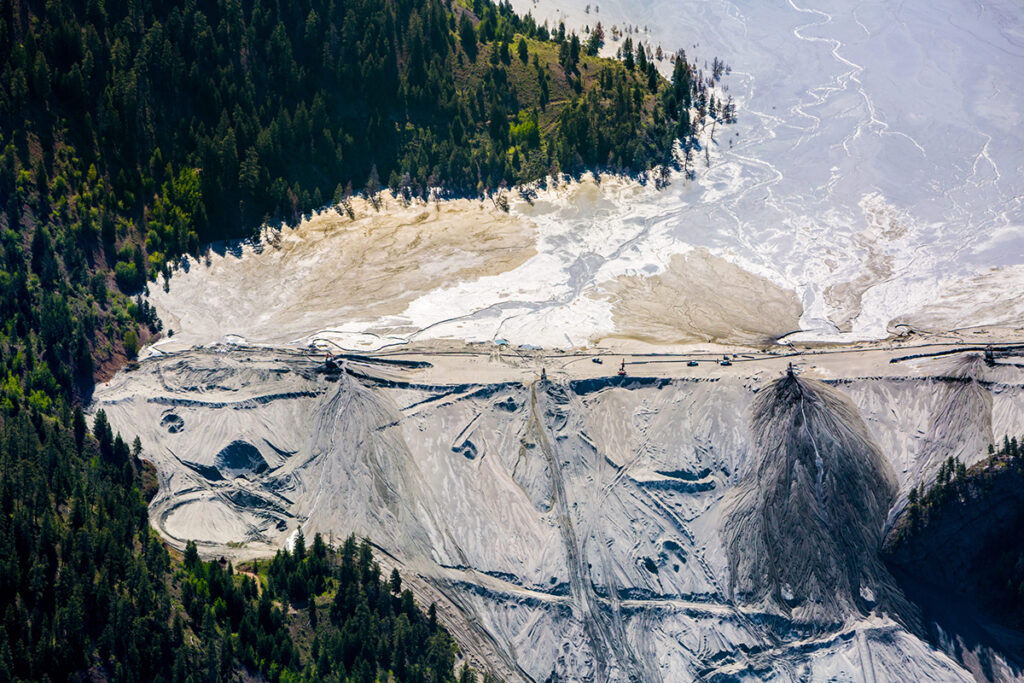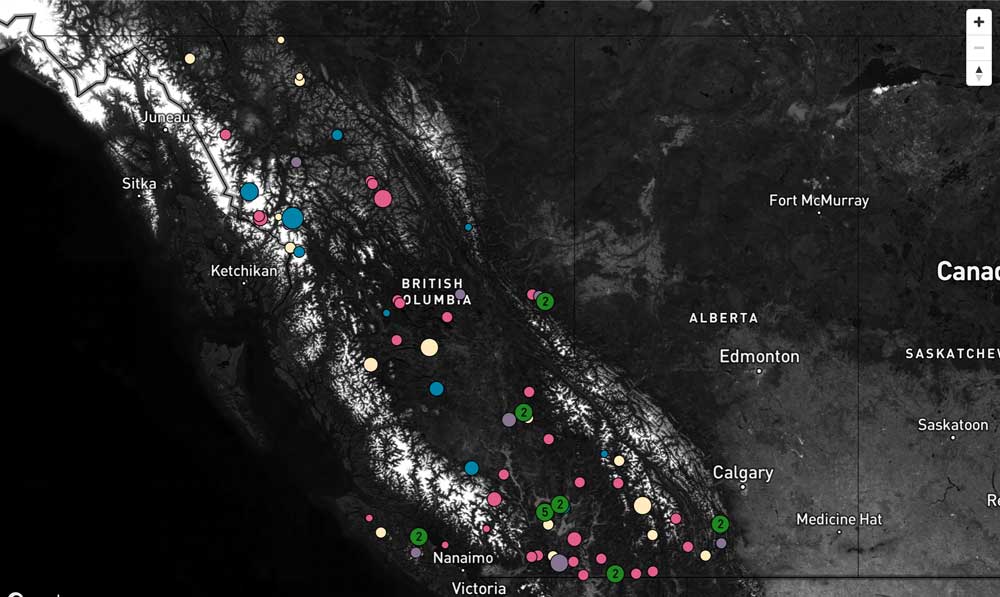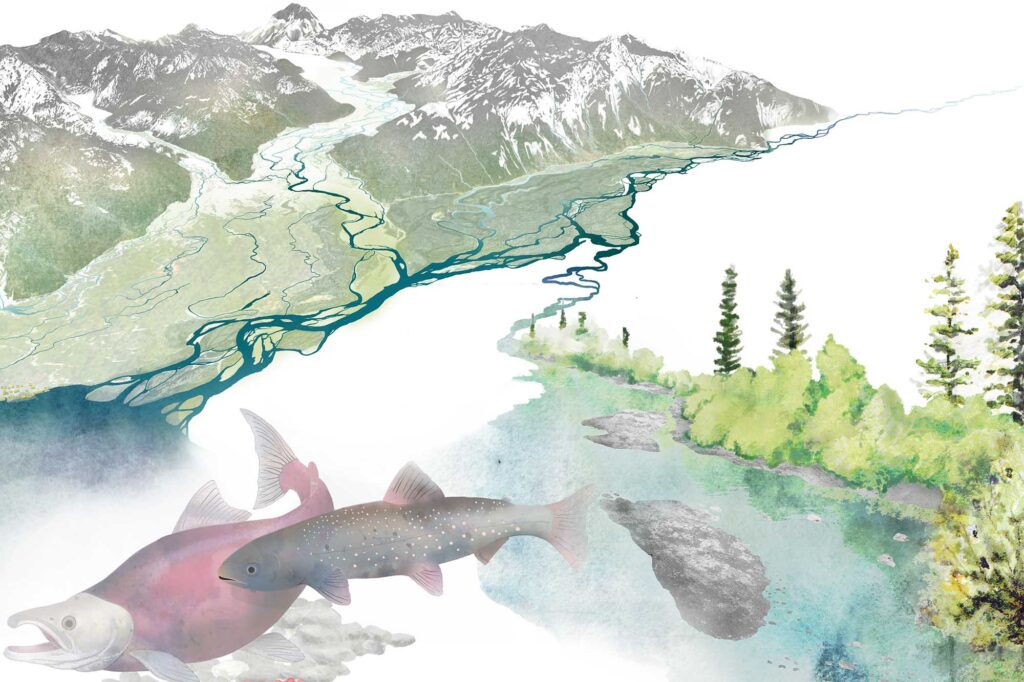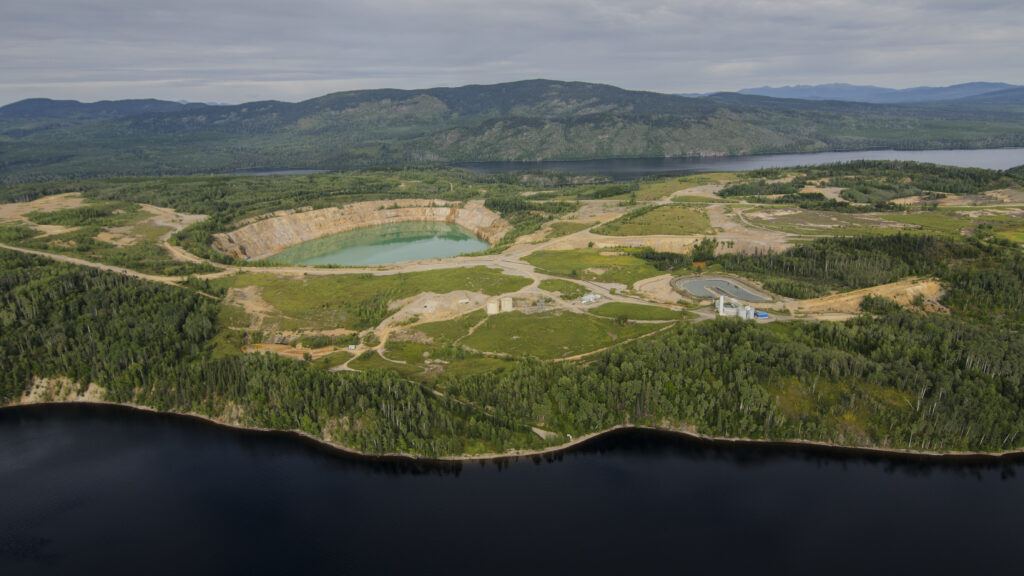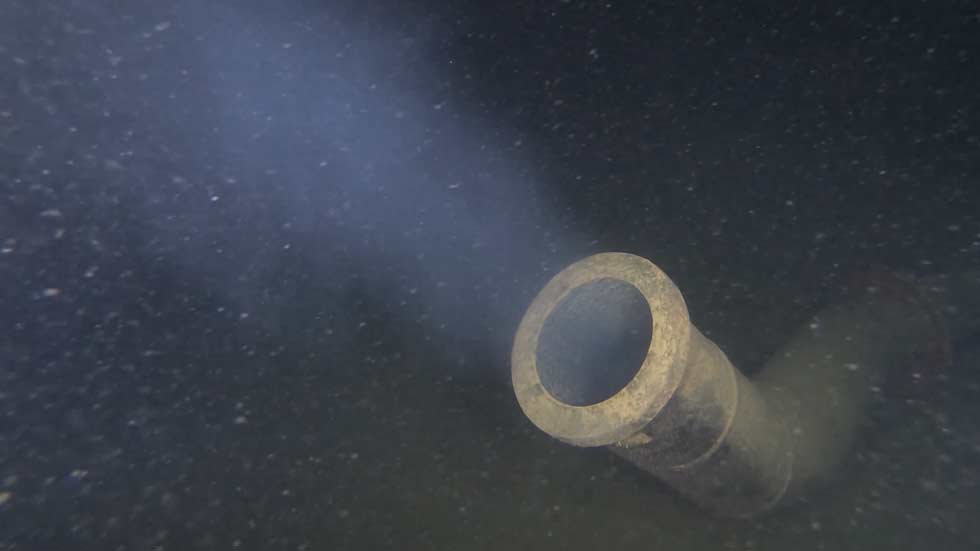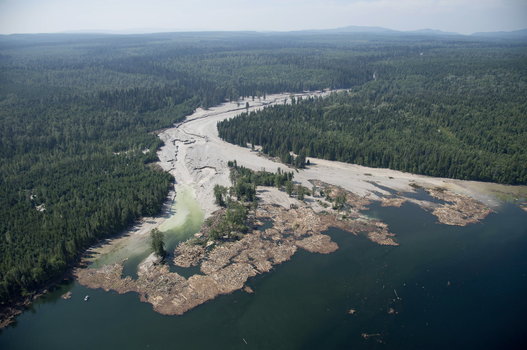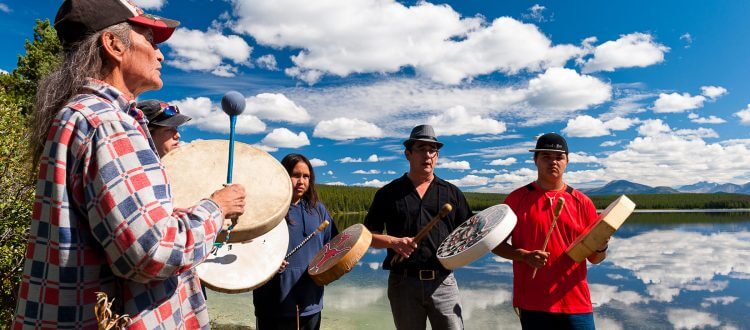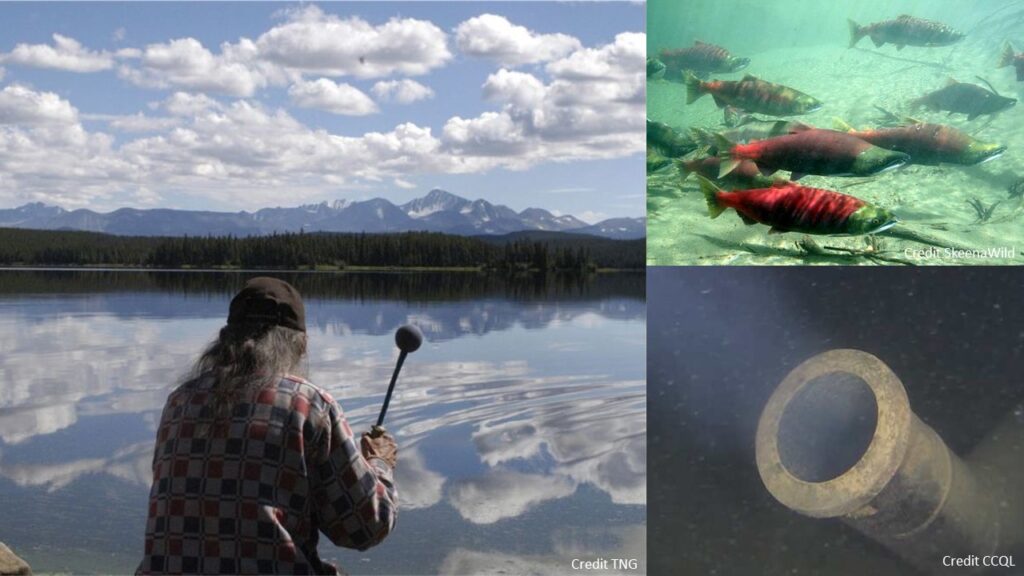The government of British Columbia and the mining industry often claim to have the strongest environmental and social regulatory regime—especially during May for “B.C. Mining Month.” However, our new report shows there are serious on-going pollution and other risks that keep B.C. from being that world-class mining jurisdiction.
